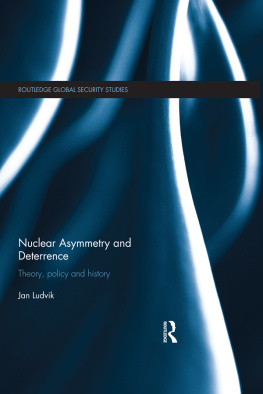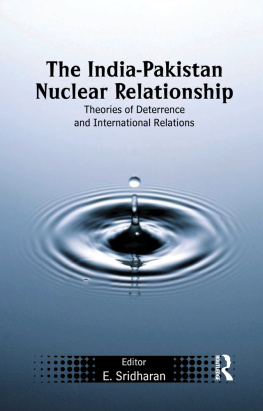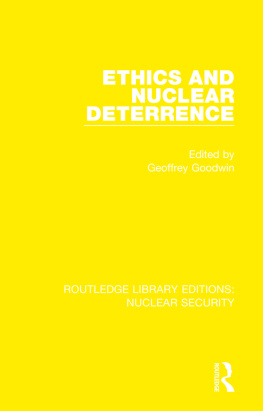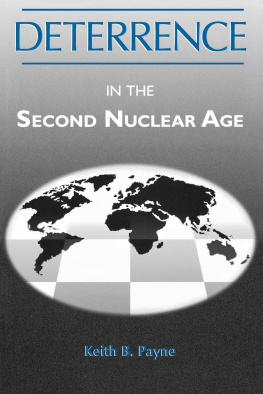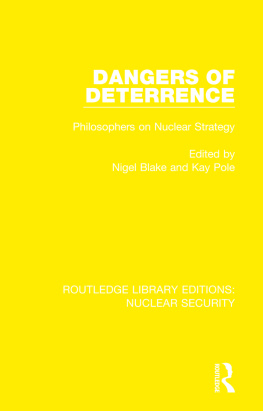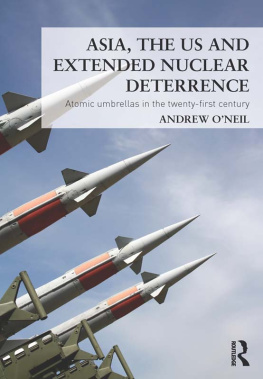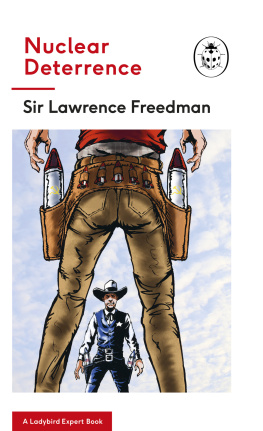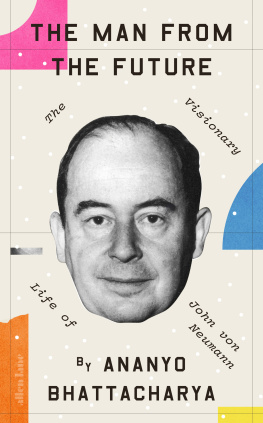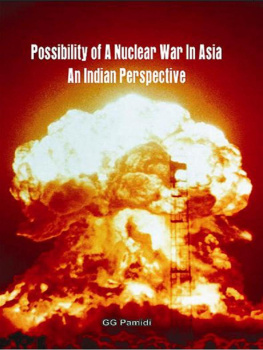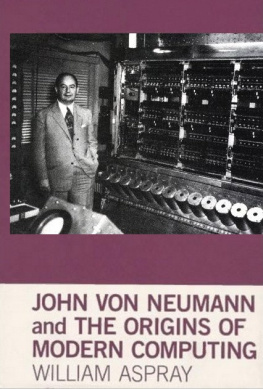John von Neumann
The Scientific Genius Who Pioneered
the Modern Computer, Game Theory,
Nuclear Deterrence, and Much More
by Norman Macrae
Published by Plunkett Lake Press , June 2016
1992 by Norman Macrae
~ Other eBooks from Plunkett Lake Press ~
By Thomas Neville Bonner
Iconoclast: Abraham Flexner and a Life in Learning
By Jean-Denis Bredin
The Affair: The Case of Alfred Dreyfus
By Lucy Dawidowicz
From That Place and Time: A Memoir, 1938-1947
By Carl Djerassi
The Pill, Pygmy Chimps, and Degas Horse
By Frederic Grunfeld
Prophets Without Honour: Freud, Kafka, Einstein, and Their World
By Sebastian Haffner
Defying Hitler: A Memoir
Germany: Jekyll and Hyde
The Ailing Empire: Germany from Bismarck to Hitler
The Meaning of Hitler
By Anthony Heilbut
Exiled in Paradise: German Refugee Artists and Intellectuals in America from the 1930s to the Present
By Banesh Hoffmann
Albert Einstein: Creator and Rebel
By Heda Margolius Kov ly
Under A Cruel Star: A Life in Prague, 1941-1968
By Melita Maschmann
Account Rendered: A Dossier on my Former Self
By Kurt Mendelssohn
The World of Walther Nernst: The Rise and Fall of German Science 1864-1941
By Susan Quinn
Marie Curie: A Life
By Dietrich Stoltzenberg
Fritz Haber: Chemist, Nobel Laureate, German, Jew
By Victor Weisskopf
The Joy of Insight: Passions of a Physicist
By Chaim Weizmann
Trial and Error: The Autobiography of Chaim Weizmann
By Richard Willst tter
From My Life: The Memoirs of Richard Willst tter
By Stefan Zweig
Amerigo: A Comedy of Errors in History
Erasmus of Rotterdam
Magellan: Conqueror of the Seas
The Right to Heresy: Castellio Against Calvin
The World of Yesterday
For more information, visit www.plunkettlakepress.com
Contents
To Stephen White,
who started this project, gave me his research,
and urged me to complete it.
Introduction
Two aspects of John von Neumann s career were very controversial. Awkwardly, I find myself on his side in both controversies. First, he was more hawkish than most of his friends in framing nuclear deterrence in 1949-55 against Stalin and his immediate successors. I think that some hawkishness at that stage saved the planet. When the draft of this book was circulated to people whom I respect, several scholars and Johnny s contemporaries resented this conclusion. I hope that I have not anywhere been rude to the great and good men who held a more pacifist view, as Johnny himself carefully was not.
Second, Johnny grabbed other people s ideas, then by his clarity leapt five blocks ahead of them, and helped put them into practical effect. I think that is one of the things very clever people exist to do. Because Johnny thought his computers would allow research teams to tackle one hundred times as many projects one hundred times more quickly, he thought that by now we would have made great scientific advances, such as providing limitless energy through nuclear fusion and controlling the world s weather. Today such views are regarded as irresponsible. I think that, over the next twenty years, they will come back more into fashion. But I launch this book when I know many eminent reviewers will dis agree with me.
N. M.

~ The Cheapest Way to Make the World Richer
He was born Neumann Janos on December 28, 1903, in Budapest, the capital of his native Hungary. He died John von Neumann on February 8, 1957, of a tragically early cancer in Washington, D.C., the capital of his adopted United States. To friends and even acquaintances in America he was always known as Johnny, as in Hungary he had been Jancsi. He is called Johnny throughout this book because it is part of the unpompous measure of a man who changed all our lives, although nine-tenths of humankind has never heard of him. The cheapest way to make the world richer would be to get lots of his like.
He was a prodigious child and a prodigious student, and through his brief fifty-three years grew steadily more prodigious. The most startling young innovator among the pure mathematicians of the 1920s, he surged on to leave his mark on theoretical physics and then on dramatically applied physics, on decision theory, on meteorology, on biology, on economics, on deterrence to war and eventually became, more than any other individual, the creator of the modern digital computer and the most farsighted of those who put it to early use. He marked up nearly all his achievements while he was mainly engaged in something else.
In each century there are a handful of people who, grappling with problems in their lonely brains, write a few equations on a few blackboards, and the world changes. Johnny was among the most consistently effective of the mathematicians in our century which possibly means in any century hitherto, because we can now do such extraordinary things so quickly once these men have worked out their sums.
If Johnny had not lived, the development of America s nuclear, thermonuclear, and certainly missile-borne deterrent would have been slower, maybe fatally so. Without him, the computer revolution would not yet have reached its present foothills, from which so many new roads will go. In his last decade the often-terrifying clarity of his mind was at the service of the Truman and especially Eisenhower administrations, and a lot of people were scared stiff by that. Fortunately, those who were scared included the Russians.
The world in these nicer 1990s is probably escaping with rather surprising intactness from the consequences of the mad and eventually nuclear-armed Stalin in 1945-53. At a crucial stage of this escape, Johnny played a successful and therefore hawkish and initially reviled part. He helped restore self-confidence among those who saw the need to deter the spread of Stalinist tyranny and secret police because he articulated with total intellectuality, if sometimes also with rather inappropriate wit, the shocking things that some cruder hard-liners were used to shouting only emotionally. Hawks like the banker-turned-admiral Lewis Strauss were grieved at being treated by some of the world s other cleverest professors as if all deterrers of Stalin were blimpish genocides and intellectual slobs. They found in Johnny a calmly rational strengthener of their determined views. Near to the time of Johnny s death, said Strauss, there was a meeting at the Walter Reed Hospital where gathered round his bedside, and attentive to his last words of advice and wisdom, were the Secretary of Defense and his deputies, the Secretaries of the Army, Navy, and Air Force, and all the military Chiefs of Staff. The central figure, wrote the admiral, was the young mathematician who not so many years before had come to the United States as an immigrant from Hungary. I have never witnessed a more dramatic scene or a more moving tribute to a great intelligence.
The tersest and probably truest assessment of how Johnny attained this influence was given by a very clever man on the unlikely medium of then-communist Hungary s usually wholly untruthful state television. When the Nobel laureate Eugene Wigner visited his native Budapest a decade after Johnny s death, the interviewer asked whether it was true that in the early and middle 1950s the scientific and nuclear policies of the United States were largely decided by Hungary s Neumann Jancsi. Wigner replied in his precise manner: That is not quite so. But after Dr. von Neumann had analyzed a problem, it was clear what had to be done. Because blood is thicker than heavy water, even communists in Hungary liked the reply.


